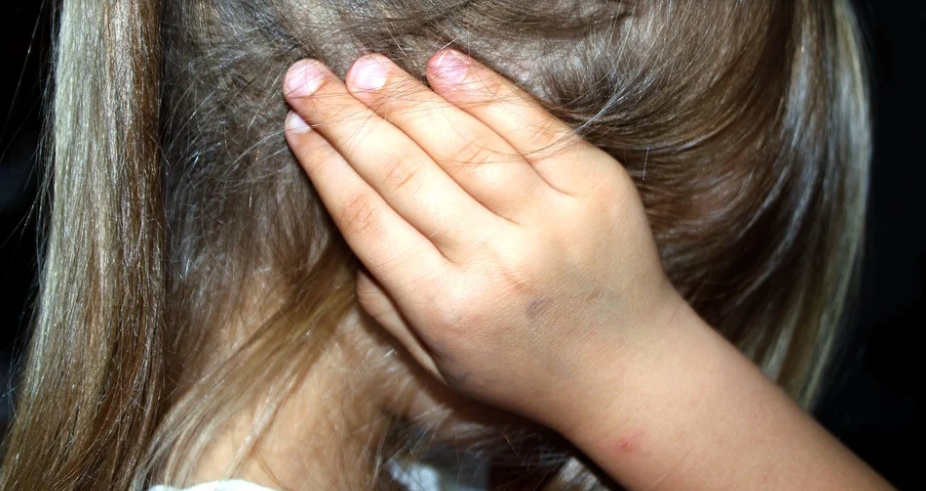We all know the negative effects that domestic violence can have on the victim of that violence; those effects can be physical in nature, like bruises, burns, cuts, and other kinds of injuries, both external and internal. There can be a mental toll from domestic violence as well, because victims could develop conditions like depression, PTSD (Post Traumatic Stress Disorder), poor self esteem, and more. There are myriad ways that domestic violence can negatively affect the victim. However, if there are children in the relationship, then domestic violence can take a toll on them, even if they are just witnesses to the abuse and not victims.

That is one of the many reasons why victims of domestic violence should leave their abusers. Fortunately, there are resources for anyone with children who wants to leave an abusive relationship. There are hotlines and support groups dedicated to helping victims of abuse. And there are also domestic abuse lawyers who can help to keep the abuser away from the victim and their children. In fact, experts in criminal law suggest that domestic violence victims contact an attorney as soon as they can if they want to put a permanent end to the abusive relationship.
The General Effects of Witnessing Domestic Violence
In general, children who witness domestic violence can develop various mental, physical, behavioural, and psychosomatic problems. They may experience internalized behaviours like anxiety or depression, as well as externalized behaviours like fighting, bullying other children, disobedience towards authority figures, and cheating. These children might also perform poorly in school and have trouble making friends.
A reason why children might exhibit these kinds of behaviours is that when they witness violence in the home on a regular basis, they might start to believe that violence is how problems are solved. In many cases, children who are just witnesses to domestic violence show the same symptoms as children who are direct victims of domestic violence.
The Effects of Witnessing Domestic Violence By Age Group
The effects of witnessing domestic violence are always bad, but they tend to differ based on the child’s age group. Even children in the infant age group can suffer poor effects when their parents are in an abusive relationship; they can suffer from poor sleeping and eating patterns because their need for attachment and connection is disrupted. Those problems can persist as the child gets older because preschool aged children could suffer from psychosomatic problems like headaches or stomach aches and they could have trouble sleeping. They may also get anxious around strangers and could also develop separation anxiety.
School-aged children might also develop psychosomatic problems, but they may also display aggressive behaviour towards other children. They could start displaying regressive behaviour like bed-wetting or thumb-sucking. Children in this age group might internalize the guilt and shame they feel about the abuse at home and blame themselves. Adolescent witnesses of domestic violence may start to display more delinquent and risky behaviour like skipping school, alcohol or drug use, and early sexual activity. They might also have a difficult relationship with their parents and other adults. That is because the violence and abuse they witness might cause them to develop a negative and nihilistic view of the world.
How To Help Children Who Witness Domestic Violence
Children who witness domestic violence will need counseling to help stop or mitigate the negative effects caused by the abuse in their home. But the best way of helping them is by taking them out of the situation altogether. There are hotlines and support groups that can help victims of domestic violence and their children.
They should also get legal help as well since that could help to keep the abuser away from their partner and children. And eventually a lawyer could help the victim of abuse get custody of their children so that they never have to be a witness to domestic violence ever again.



